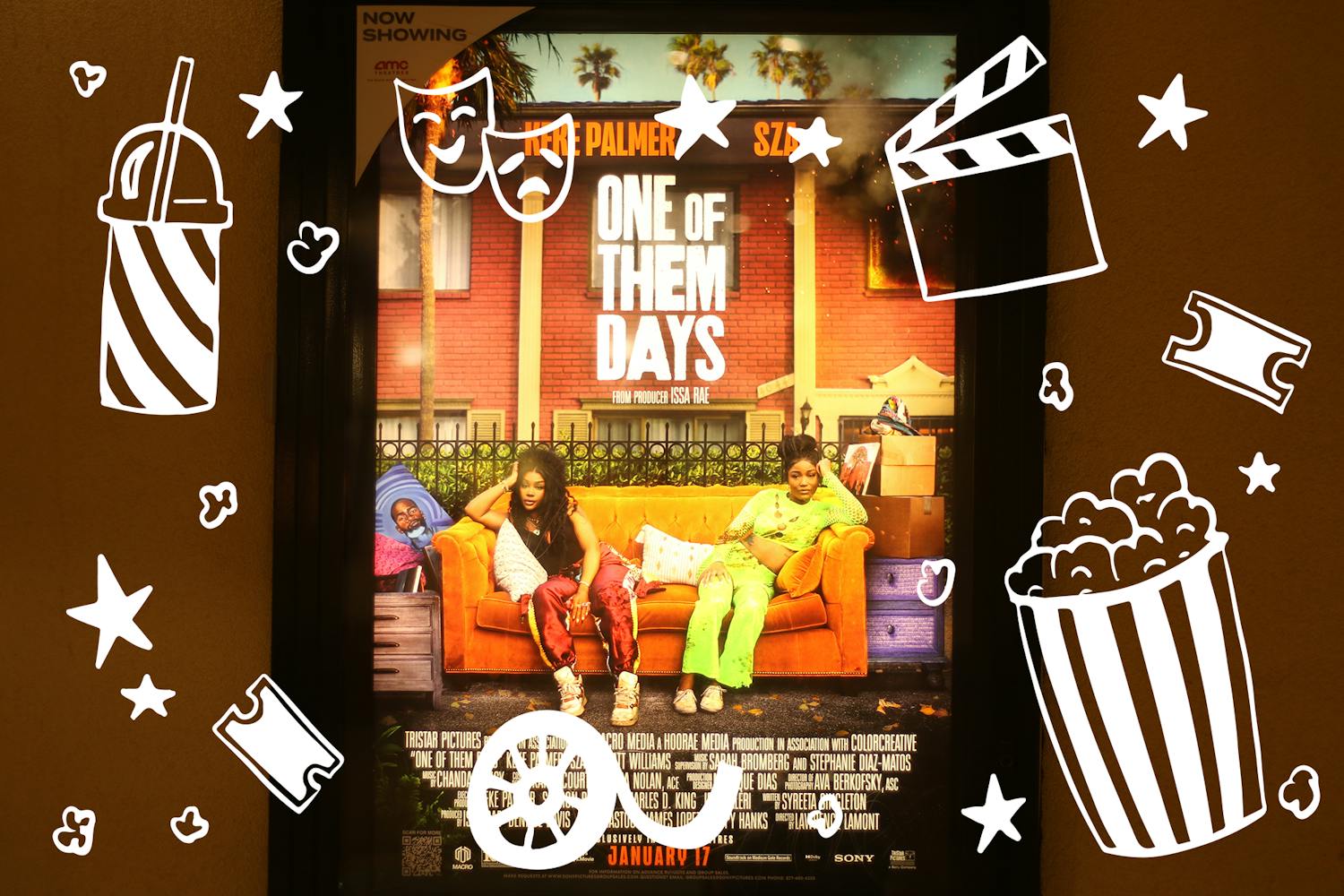The boys of Interpol have been rocking together since 1997 with four solid albums, international tours, two lineup changes and a Coachella gig under their belt. With a second round at Coachella coming up and touring for their 2010 self-titled release, the boys have been busy. On the band’s stop in the Valley last weekend, vocalist/guitarist Daniel Kessler spoke with The State Press about keeping the band’s spirit alive after 13 years.
SP: There are a lot of mixed feelings about your most recent album. Where do you think it sits with your past releases?
DK: I think it stands right up there. We've put a lot of time and work into it. We wouldn't release it if it wasn't ready and where it should be. I think we took a step in a new direction, but I think it still sounds like Interpol. We're finding new ways to write songs and how to incorporate different sounds. I think it sounds like a band that has a few records under its belt and is moving in a new direction. It wears its experience well.
SP: The critics were particularly harsh with this album. Having been critically acclaimed with past album “Turn On The Bright Lights,” how do you react to this complete flip in opinion?
DK: I haven't read reviews since “Turn On The Bright Lights” … It's good for fans and those who read music magazines to know what's going on. For me, someone who is a part of the creative process, it just doesn't seem like I should follow it … All I can do is be true to me and articulate something that I want to say. After you decide to release it, it is out of your hands how people will react. That said, I think we have a heavy record. It's not a first-listen record, or a third-listen necessarily. It's a record you have to spend time with. If you just listen to the tracks and don't get a sense of it, you're going to miss the point. The truth is, we live in an age where people do that a lot.
SP: You have quite the storyline in this album. How did the production of this differ from past albums?
DK: It's a very cohesive record. We usually don't sequence our records until the last step, but this record we sequenced even before we went into the studio. We had a bit of concept in mind that we were trying to achieve. There is a story to it and that's why I say that you may need to spend time with it. We didn't just throw the catchiest songs up top. We put it together in a way that it's like a book. It has a beginning and an end.
SP: When you get into the writing process of an album, where do the steps begin?
DK: It's a really collaborative process. The songs begin with me. I start with writing songs at home, then I send them to the guys and we begin writing them together. And this album had Carlos [Dengler] and I working together to arrange them before we shot them over to the band. Then we made them Interpol songs.
SP: Interpol has been together for over a decade now. How has the time passed changed the dynamic of the band?
DK: At the start you really want to make a record and tour. It took us many years to get that opportunity. When we finally got to make a record and start touring, we got a better understanding of the requirements in touring. It keeps you very busy and is a life changing experience. When it's done, you do miss it because it becomes a part of you. For me, when we did get to get back to touring for this record, I felt a very strong connection with our fans. I think we're playing our songs better than ever.
SP: What's next for the band?
DK: Touring is basically where our minds are right now for the next nine months. I write a little bit on tour. It's not as comfortable if you're writing at home. It's not the same experience, but I will write a little while on tour.
Reach the reporter at lkjorda1@asu.edu



